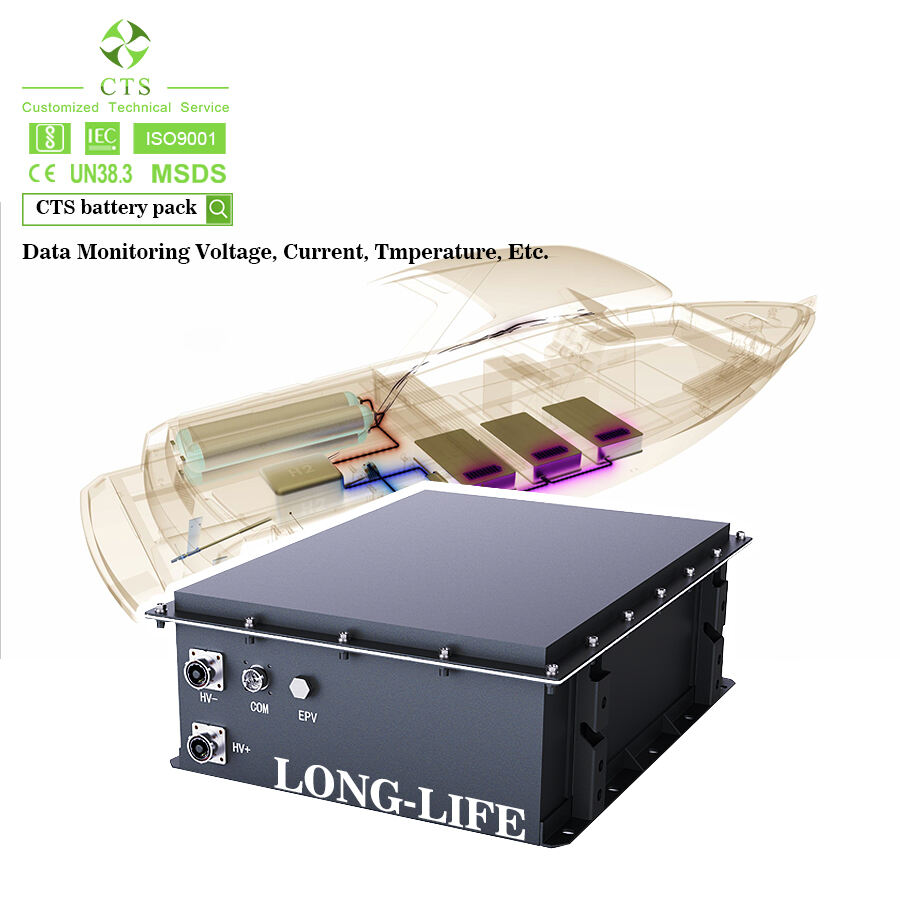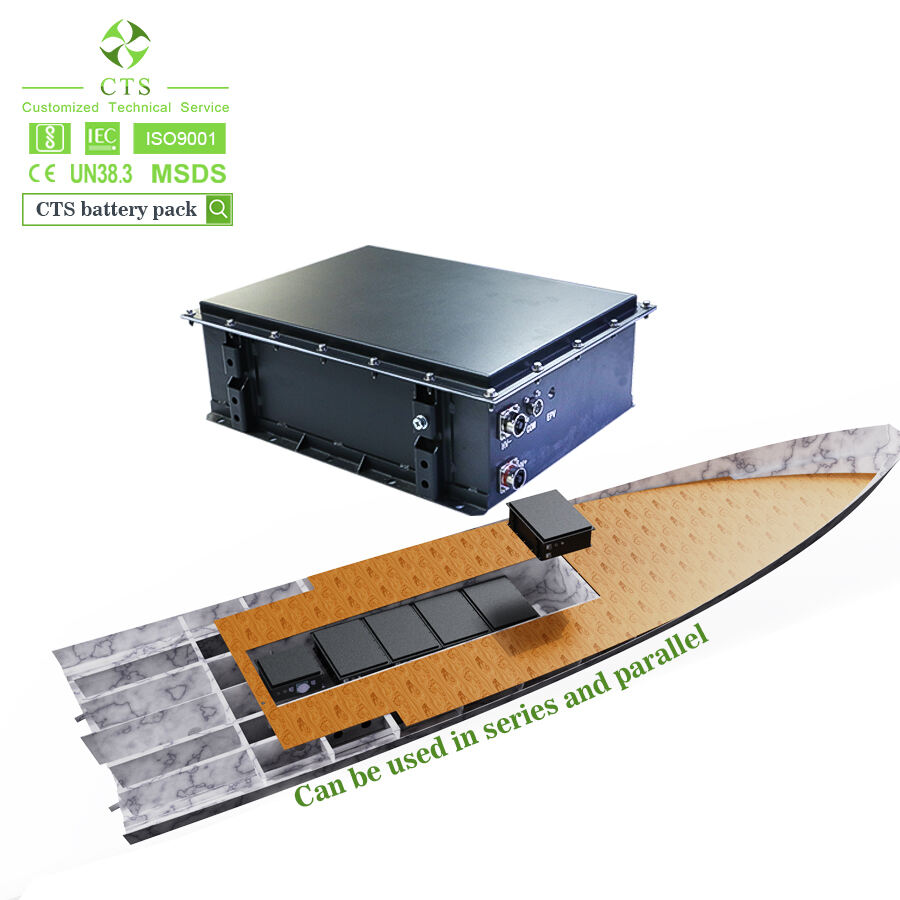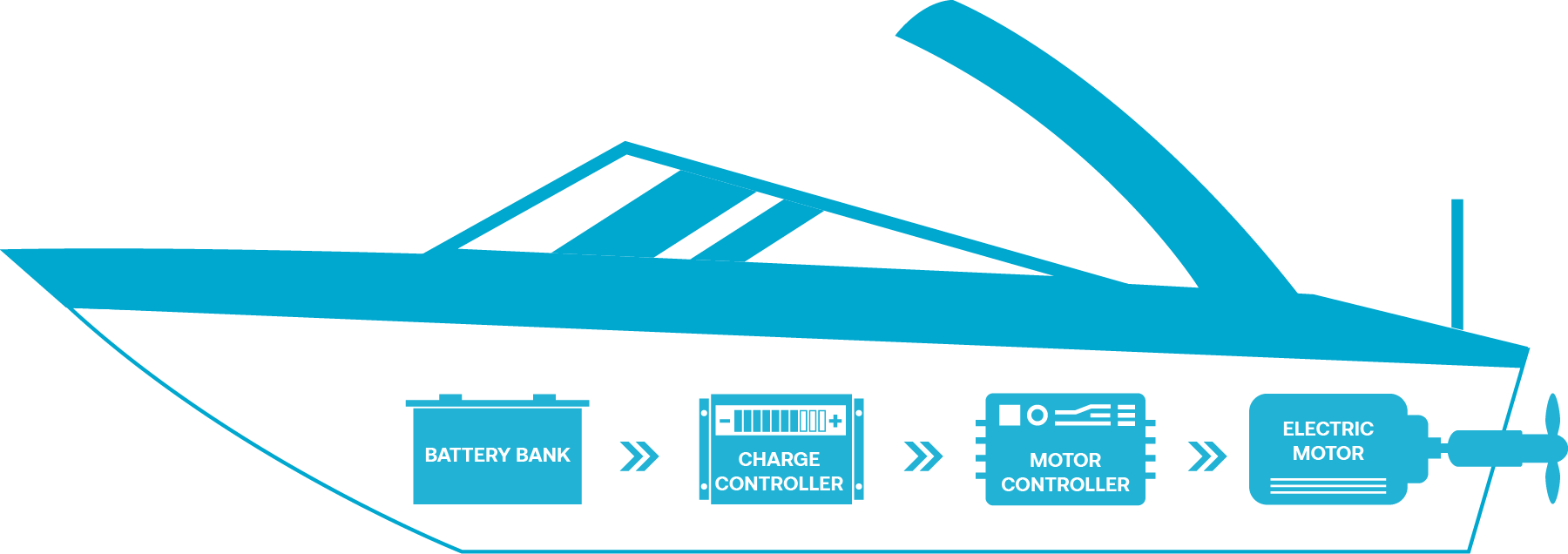
An electric boat battery allows a boat to move by storing electrical energy in chemical form which can be reverted back into electrical for its motor. Lithium-ion and lead-acid batteries are the most commonly used technologies and each has its pros and cons. To put it simply lithium-ion batteries are lighter, have a better energy density and have longer lifecycles as compared to lead-acid batteries. It is equally important to note how such batteries work from inside regarding their charge cycles and discharge rates in order to harness maximum output from such batteries for as long as possible. Due to the increasing popularity of electric boating, it seems almost certain that during the next few years the market will be dominated by electric boat batteries.

